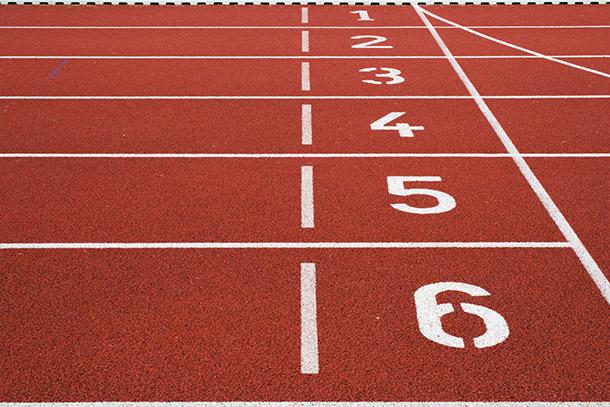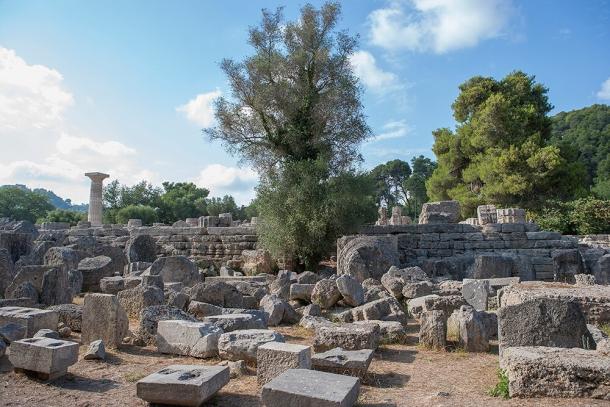
Olympic and Paralympic Games
UNESCO aims to contribute to the promotion and achievement of the Olympism principles through education, science and culture by setting new initiatives and encourage better cooperation with regard to inclusivity, cultural diversity, human rights and the education on peace through sport.
On the road to Paris 2024

Sport and Anti-Doping
UNESCO, as the United Nations’ lead agency for physical education and sport, promotes the educational, cultural and social dimensions of sport and physical education.
The organization provides assistance, advisory services and guidance to the Member States wishing to elaborate or strengthen their sports policies.
In this context, UNESCO’s International Convention against Doping in Sport (2005) harmonizes anti-doping legislation, regulations and rules internationally to ensure a level playing field. It helps protect public health and to safeguard the ethics, integrity and universal values of sport through harmonized standards and policies.

Quality physical education policy
Quality physical education (QPE) is distinct from physical education. The main differences relate to frequency, variety, inclusivity and value content. Quality physical education is about peer-led learning and rounded skill development which can enhance educational and employability outcomes.
It is also about whole body health which includes physical and psycho-social wellbeing. QPE supports students to develop the physical, social and emotional skills which define healthy, resilient and socially responsible citizens.

Olympia, UNESCO World Heritage Site
In 776 BC, in ancient Greece, the Olympic Games were held in Olympia every 4 years. In 1989, the Archeologic Site of Olympia was inscribed in the World Heritage List.











